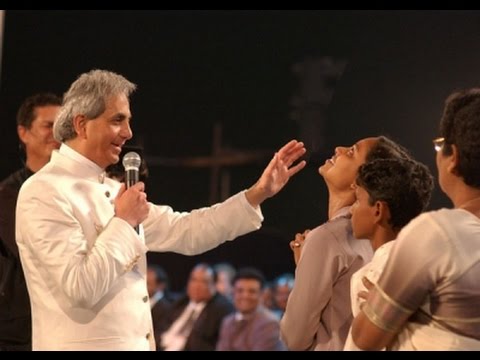I assume that by now you have heard about Malia Obama's college choice, and also that she plans to take a "gap year" before attending. Both have been widely reported, including articles on the topic of gap years prompted by Ms. Obama's decision.
(Total aside: Why do reputable publications such as
The Washington Post have a "Comments" section accompanying their articles on this or any topic? They seem to serve no real purpose other than empowering trolls. And the fact that we currently have a presidential candidate who sounds like a comment section come to life only adds to my concern about a fourth estate that has lost its vocational bearings. But enough venting for now.)
Gap year, or at least the term, was unknown to me until recently. I suppose there have long been students who chose to hike across Europe or work for a year prior to college, but my admittedly scant knowledge on gap years suggests this is a bit different. The sort of gap year engaged in by well-off suburbanites is likely not available to those of more modest means. Then again, the very idea seems a response to the over-scheduled, overly competitive, enrichment filled lives of many well-off, suburbanite youth.
The church I serve sits in a community that epitomizes well-off suburbia. My own children were grown prior to my arrival here, but here seems an only slightly amplified version of where they went to high school. That means that it feels slightly more tense and anxious . The pressures to measure up, excel, get into a good school, etc. are more intensified in this tense region surrounding our nation's capital.
Enter the gap year. In some versions, such years are no doubt as over-scheduled and competitive and enrichment-filled as was middle and high school. But at a more fundamental level, surely the gap year is an attempt to take a break from all that, from all the activity and competition and anxiety.
Understood thus, a gap year strikes me as a version of Sabbath. Because Sabbath became so connected to worship, a great many people, whether or not they are church-goers, seem unaware that Sabbath was originally about rest rather than worship. It was a command to stop, to cease. And it applied to everyone, even one's farm animals. If ever there was a piece of anti-anxiety legislation, surely the Fourth Commandment is one. (or Third Commandment, depending on your tradition).
I've told the following story so many times I've likely shared it here, but I'm an over-sharer when it comes to good stories. I heard this one from a colleague who related her experience attending some sort of ecumenical, clergy gathering. As with other other lines of work, pastors will "talk shop" when you put them together. On this occasion they began discussing what day each took off, a peculiar concern for pastors who typically "work" on Sunday.
As those gathered debated the relative merits of Friday versus Monday, one pastor objected to the very topic itself. "I never take a day off," he said. "The devil never takes a day off!"
To which my colleague replied, "But God does." (If you don't get her retort, read the first Creation story from the Bible's opening, Genesis 1:1-2:4.)
I've never fully understood it, but religious people can be remarkably anxious. Especially for Christians, who claim that nothing, not even death, can separate us from God and God's love, such anxiousness seems totally at odds with our faith. If God is indeed sovereign, as we Calvinists love to claim, then how could the world possibly spin out of control just because I took the day off? Never mind what the devil does or doesn't do.
The notion of Sabbath insists that life, in all its intended abundance, cannot occur in a state of constant anxiety. God commands a "gap day" for each week to break our tendency to pursue endless cycles of anxiety. Our culture has become particularly practiced at this. We have learned to quantify almost everything, and then we are able to worry about whether or not we have enough. Inevitably, we need
more. We need more money, more power, better grades, more efficiency, more experiences, more accomplishments, more fitness, more sleep, more, more, more.
My old running watch recently broke and needed to be replaced. The old one told me basic info runners like to know: how far I've gone, my pace, and my heart rate. But the new watch does so much more. It has functions popularized by Fitbits and can track my steps and my sleep. If I wear it all night, it tells me not only how many hours of sleep I got but also how many of those hours were "deep sleep." And it color codes both to let me know when I'm deficient, where I need more. Now I can add anxiety about sleep to my others.
There is much in the world over which to be anxious. Neither I nor the Bible advocate a "What me worry?" attitude toward life. But our worries and anxieties are definitely something we need less of and not more. So where do we find our break, our gap, our Sabbath?
Most of us cannot manage a gap year, but we can cultivate practices of cessation, of stopping, of not measuring or marking anything. We can cultivate the spiritual practice of rest, of simply being, of Sabbath. Call it whatever you like, but what many of us need in our lives is to take a break from our culture's dominant focus on consumerism and acquisition. We desperately need a gap in such activities. God has said so from
the beginning.





